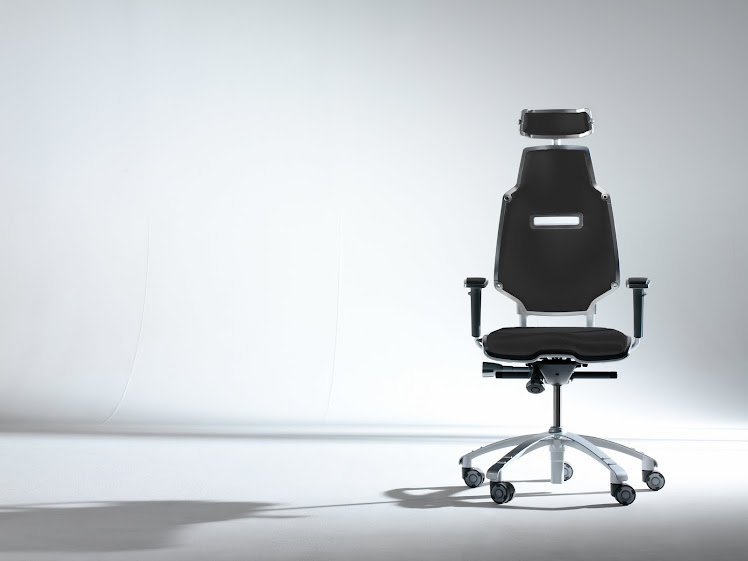New evidence shows the da Vinci Surgical System works as well as other techniques against some cancers. Is it enough to sway critics of the device and its marketing team?

A new study shows that robotic-assisted surgery for certain tumors is as effective as other minimally invasive surgical techniques. Researchers at the University of Alabama at Birmingham examined 89 patients' survival rates and ability to function, and published their findings in yesterday's Archives of Otolaryngology--Head & Neck Surgery. "The overall two-year survival rate for these patients was 86.3 percent, which is comparable to the standard treatment," said Alabama's Dr. J. Scott Magnuson in a release.
Evidence like this is much needed if the da Vinci robot used on these patients is to gain ground as a common surgical tool. The da Vinci Surgical System is made by a company called Intuitive Surgical, which has found controversy confronting its work. A New York Times story from February noted that an increase in the device's popularity was not matched by robust data demonstrating the robot's efficacy. 'There is no question there is a lot of marketing hype,' one doctor told the reporter.
The Wall Street Journal followed with a succinct video report of its own, (see below), which summarizes the criticism of the device. The da Vinci system, which costs around $2 million dollars, can actually do more harm than good in the hands of inexperienced surgeons, according to the Journal's sources. And yet the system is often marketed to small regional hospitals as a way to advertise a technological leg-up over the local competition--even though those hospitals' case loads are not large enough to ensure that their surgeons will become expert at the device.
There's little doubt, as these reports show, that the robot may indeed be a great asset in the hands of talented surgeons experienced with the device. But research needs to continue, and patients need to be wary of hype or novelty when it comes to choosing the right technique for them. Medical treatments are--or should be--driven by research, not marketing. Magnuson, for one, says more research is needed. 'This is a relatively new technique, and long-term oncologic outcomes are not available,' he said.

No comments:
Post a Comment